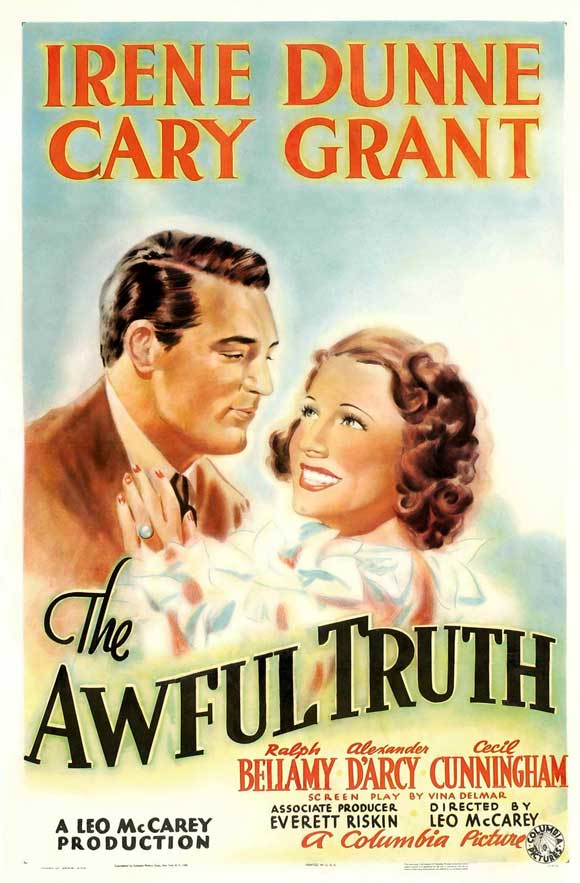What’s the row over pension charges now?
You may have been listening to Radio 4 or perhaps seen the TV news, Steve Webb the pensions Minister is doing the media rounds having announced that charges on pensions should be capped at 0.75% which he announced yesterday and has been plugging his cause since. There is no doubt that there are many very expensive pensions and I would go as far to say that there have been lots of “rip off” pensions. There are too many vested interests, this has broken out in a row over pension charges.
Is there any such thing as a free lunch?
We now have various think tanks and Providers all taking the opportunity to price to the bottom and distance themselves from “rip off pensions” as quickly as possible. An assortment of spurious views about the impact on the final value of a pension fund is now doing the rounds. The vast majority of this is utter drivel. We are all to blame for this (advisers, providers, investors, regulators and Governments) why? Well because over the years we have colluded in the deceit that anything to do with financial services is free. It isn’t. I had hoped that this delusion would have been put to bed by the introduction of RDR, yet AE (auto enrolment) exposes the deep resistance to a shift in mindset.
Can a pension have low charges?
It is perfectly possible to use a pension that has low investment charges and by low I mean less than 0.30%. However this is merely one element of the piece. The administration costs are high due to well intentioned regulation. The “sales costs” are high due to well intended regulation. The regulation is designed to protect the investor and the wider market.
Why does AE have unique charging problems?
The unique problem that AE brings is that there are some very tiny premiums. Suppose you earn £10,000 a year and in several years time you will have contributions of 8% a year (£800) a cap of 0.75% on this would be £6… ok its based on the value of your fund, but given that most will not be more than £4,000 that’s £30 to cover the investment and administration for the year (and by the way you can opt in and out, switch funds, vary the payments creating more administration). It’s a nightmare for pension providers. Some have come up with some low cost solutions (hardly any investment choice) and some have a fixed monthly fee. Well even at £1.50 a month (£18 a year) that’s a higher proportional charge on a small fund of £1,000 (1.80% to be precise). The Government backed (taxpayer funded) NEST is loss making and will be for many years. This is typical of Whitehall delusion that they then expect commercial enterprise to replicate. We all know Governments are not good at maths… don’t we?
The solution is right under their noses
Stakeholder pensions (with low charges) failed because there were other better alternatives at a lesser or more competitive price. The Government (this one and the previous one) believe compulsory membership isn’t quite ok, so we have a “difficult not to join” approach. However, I would argue that today employers and employees already have a proper pension system. It’s called National Insurance and the State pension. We know it’s not good enough, so why not simply make it better for everyone? It has no investment risk and is already set up. For those that want (and need) more than the State pension (most of us) then there are plenty of very good pensions around, any decent adviser can structure a sensible plan – but it is not free… neither should it be. If we want to create a society of that is independent of the State, we all need to face some adult truths.
Dominic Thomas: Solomons IFA





